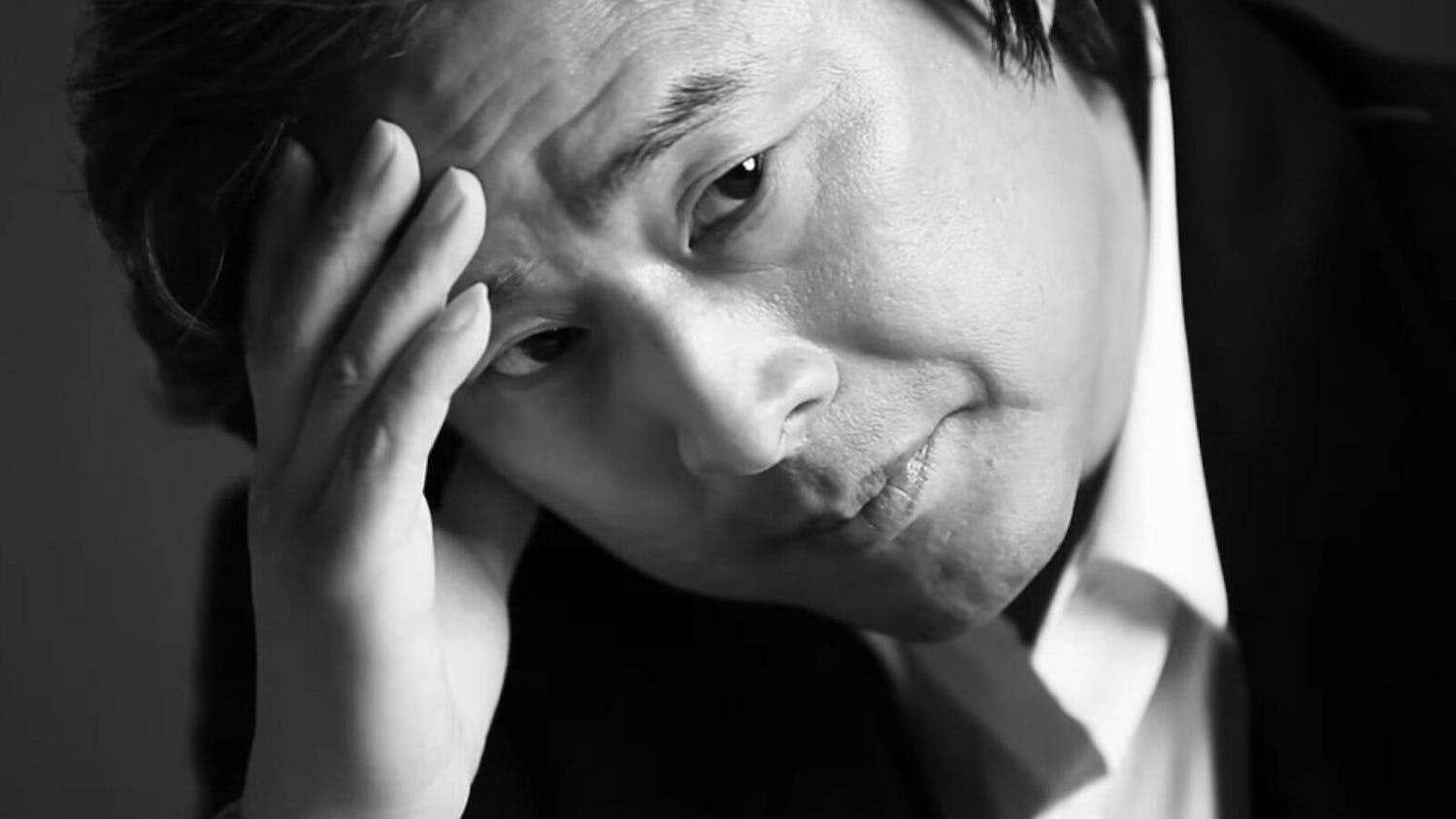The hard-knock life of London's most famous orphan once again takes to the silver screen as director Roman Polanski's version "Oliver Twist" brings a dramatic, vivid sentiment to Charles Dickens' timeless story.
From Lionel Bart's 1968 musical "Oliver!" to Disney's 1988 "Oliver & Company" (in which Oliver is, yes, an animated cat), there have been dozens of interpretations and adaptations of the 1838 novel, a scathing social critique of the coldness of English bureaucracy and greater society in Dickens' time. Polanski's film had a lot to live up to, and luckily, it does.
Oliver (Barney Clark) is a soft-spoken, sweet orphan bound to a life of suffering because of society's cruelty. He escapes the orphanage only to wind up in the center of London's underworld, where he is forced to join a gang of children who steal for sustenance.
Fagin (Ben Kingsley) is the shrewd old master of the pack, a controversial character originally based on Jewish stereotypes of the nineteenth century. He trains the children to pickpocket for a living and then collects their loot, prepping them for a life of treachery. Throw into the mix Fagin's evilly villainous ex-ward, Bill Sykes (Jamie Foreman) and unfortunate girlfriend Nancy (Leanne Rowe), add innocent Oliver, and you have a concoction for money laundering, child abuse and domestic violence.
Slightly reminiscent of Polanski's wistful, cavernous portrayal of human suffering in "The Pianist" (2002), "Oliver Twist," which is flopping in wide release, approaches Dickens' story tactfully, carefully and meaningfully.
Nary is a camera shot wasted - as usual in a Polanksi film. The cinematography is intricate and detailed, but never gets in the way of the action or feelings. The camerawork in the film may seem at first glance straightforward, but is in actuality very intricate.
In the opening sequence, for example, the horrors of orphanage life are visible in seconds. As we see children's thin faces and sad eyes, it seems as if Polanski knows exactly how to portray the intense sorrow of mistreatment. The children not only show their emotion in their acting, but the camera truly captures it as well.
The connections between actor and director are strong. The scenes with Oliver are touching (part of his charm is expressive eyes and sheer sadness, despite few lines). The camera is able to channel his fear when he is bound by Bill Sykes and his gratitude at receiving bits of food from odd characters he encounters. Clark's portrayal of Oliver is impressive; he makes us like him because of his kindheartedness and quiet demeanor. He overcomes one of the main challenges for a child actor by representing that subtlety without seeming too artificial or "cardboard."
Fagin is an extremely challenging role. Previous portrayals have been controversial because they played up the character's Jewish stereotypes (most notably in the 1948 film version). In this version, Polanski chooses to show some of the character's subtle complexities rather than paint him as a complete villain.
Kingsley personifies Fagin as a phlegmy old man with a sharp mind; his presence is shrew and astute enough to hold the people around him in dread. He is fearful as well as feared, notoriously difficult to read or interpret, fiercely guarding and scheming, but ultimately still at society's mercy. In the final scene between Fagin and Oliver, however, we see an old man defeated by age as well as by the crime-laden mentality that threw his life around in a vicious circle.
Leanne Rowe is strong as spunky but ill-fated Nancy, and Harry Eden plays a fine Artful Dodger, leader of Fagin's gang. While Jamie Foreman's Bill Sykes lacks the sheer influence and fright that he could have had from the beginning, as the movie progresses he does get scarier and more disturbing in his revelation as the greater villain (once he actually starts beating and killing people). Overall, however, the strong cast highlights this film's ensemble work.
The film is a treat because of the artistic production. The music is dramatic but not too overpowering, noticeably tender; at times, a bit more of it could have sustained the brief swells of emotion. Visually, the film shows 19th century London in all its contrasting and colorful glory (despite being actually shot on set in the Czech Republic).
Polanski has deftly transferred Dickens vision to the screen -- from the rats in the alleys to the abuse of orphans. And although "Oliver Twist" does not reach the heights of Polanski's best work, it is still a fine tribute to solid cinematography and to one of Britain's best renowned novels.





